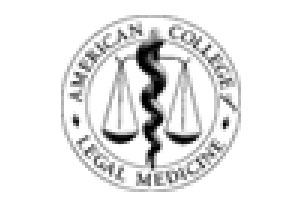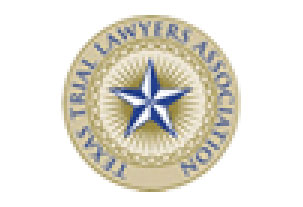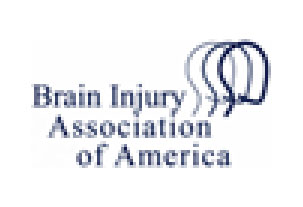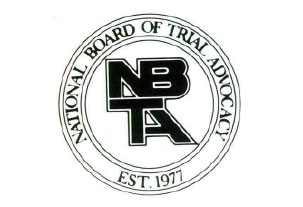Over ten percent of pregnant women deliver their babies before they have reached a full term, forty-week pregnancy. Premature infants, who are delivered before 37 weeks, are at a higher risk for birth injuries, such as cerebral palsy, which is caused from damage to the brain.
About one-third of children with cerebral palsy were premature babies.
Cerebral palsy is a devastating movement disorder. It is characterized by limitations in intelligence, difficulties with hearing, impaired vision, impaired speaking, seizures, behavioral problems and learning disorders.
In cases of cerebral palsy, damage occurs to the cerebrum, which is the area of the brain that is in control of motor skills, sensory functions and cognition. Injury can occur either during birth, or after. Damage to the cerebrum is often a result of lack of oxygen, commonly due to problems with the umbilical cord, uterine rupture or eclampsia.
The prescription of magnesium sulfate, or Epsom salt, has often been used to treat pregnant women who develop seizures while carrying their baby. Research has long indicated that Epsom salt may also help prevent cerebral palsy, if administered during premature labor. A brain injury lawyer confirms this.
Despite the indications, there was no established data, until recently. Results delivered at a medical meeting on February 1st presented a randomized controlled trial of 2,241 women.
A randomized clinical trial was made of 2,241 pregnant participants who went into premature labor, which means that their water broke between the 24th and 31st weeks of pregnancy.
Half of the 2,241 participants were given an intravenous dose of magnesium sulfate during premature labor, the other half were given a placebo. Two years after the birth, the researchers had the children tested for cerebral palsy.
The results indicate that women who receive a dose of magnesium sulfate during premature labor are fifty percent less likely to deliver a child with cerebral palsy. About 3.5% percent of the women who were given the placebo had children with mild to sever cerebral palsy. This is in comparison to the 1.9% of women who received the intravenous dose of Epsom salt.
No serious side effects of magnesium sulfate were reported during the study, although a small percentage of women do have severe reactions to the drug.
Further research needs to be conducted to discover why Epsom salt is able to prevent cerebral palsy.
Every year, out of 100 children, 2 or 3 are diagnosed with cerebral palsy. Many of these children may develop cerebral palsy from birth injuries as a result of doctor or hospital negligence. A brain injury attorney is working on such cases. A cerebral palsy lawyer will give you more information.













